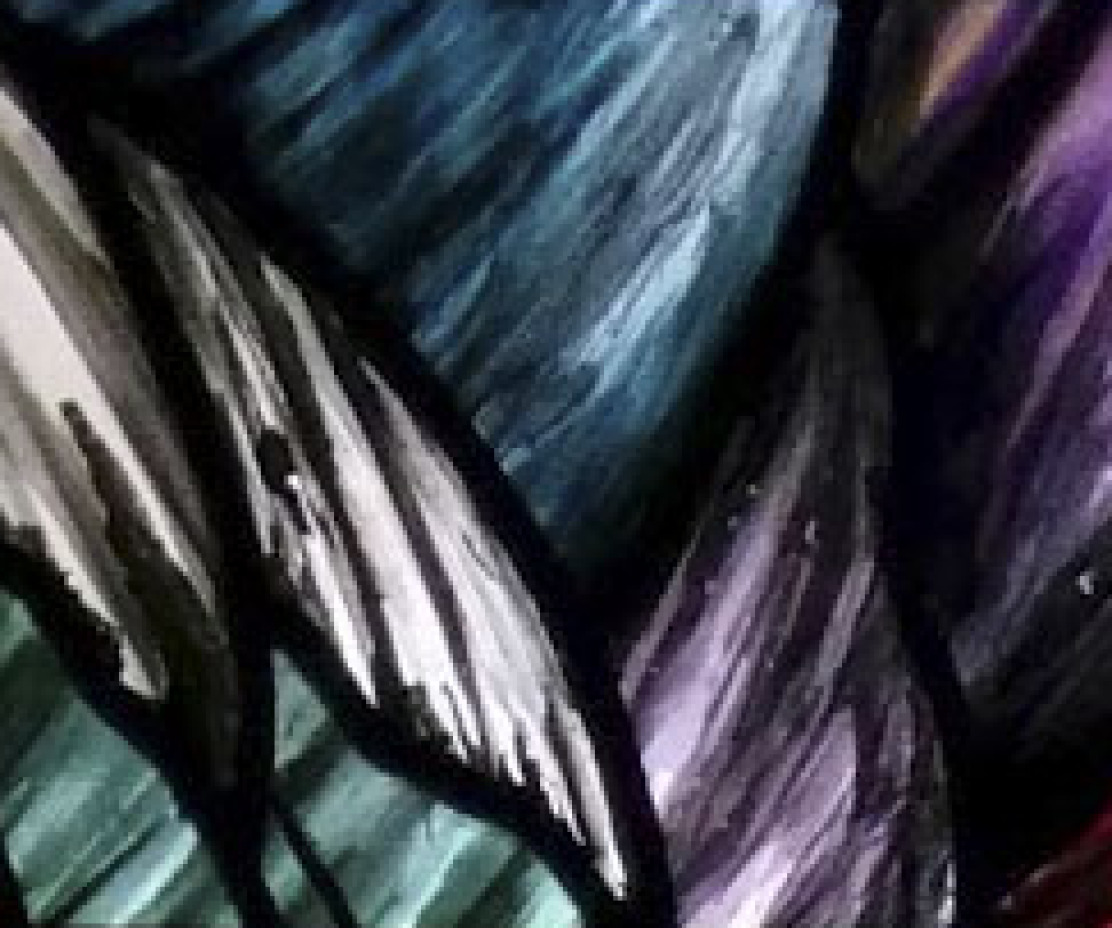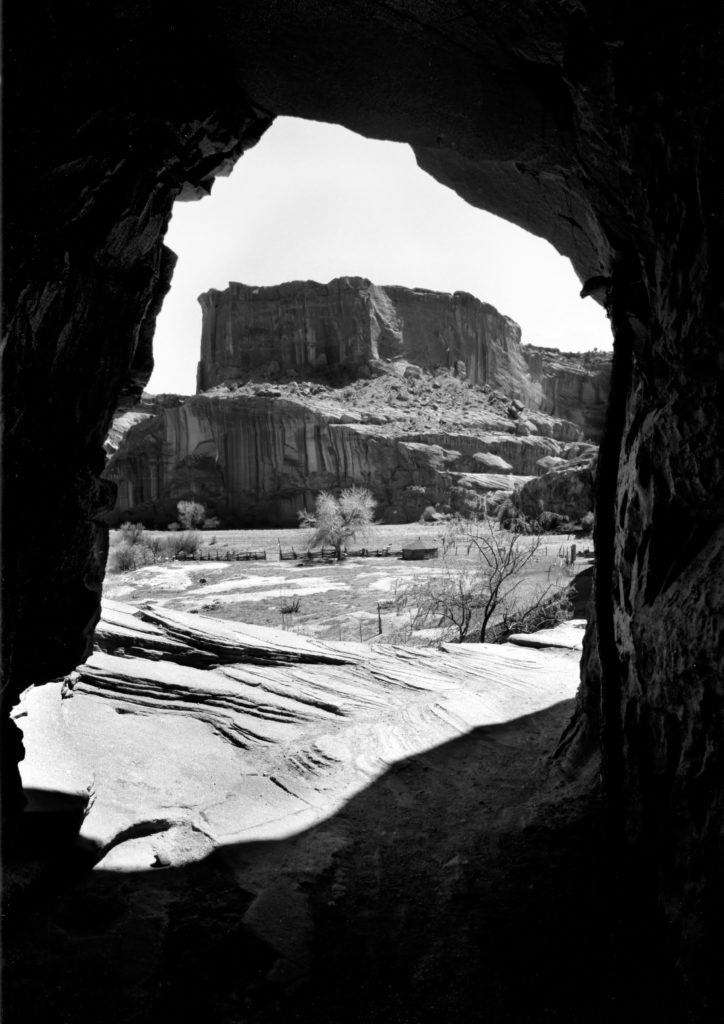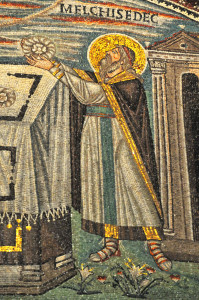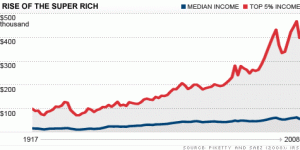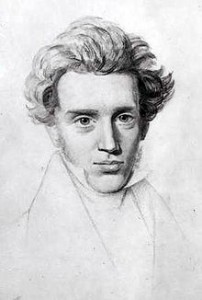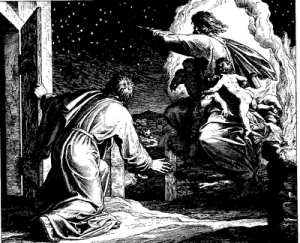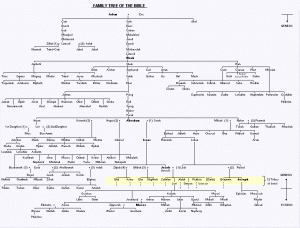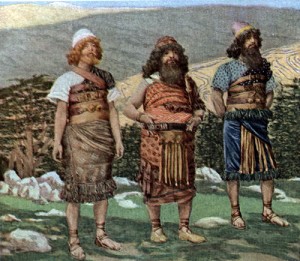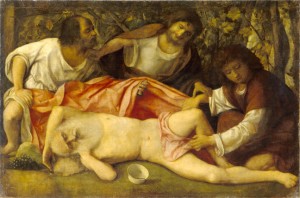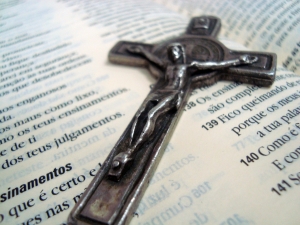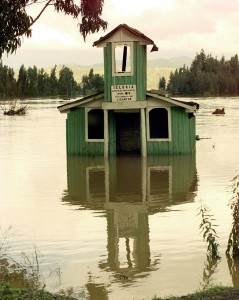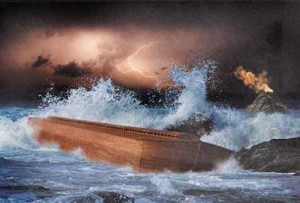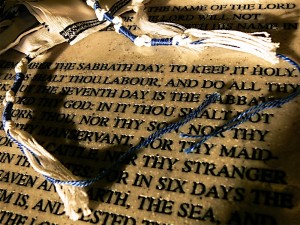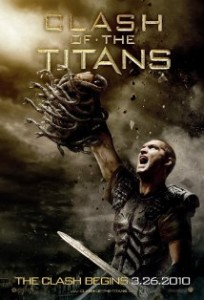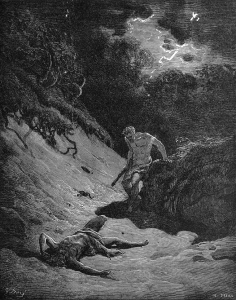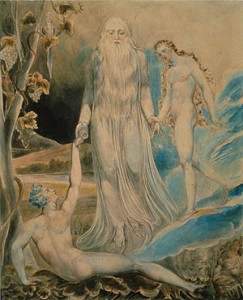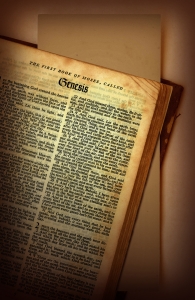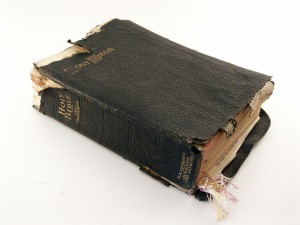From there Abraham journeyed towards the region of the
Negeb, and settled between Kadesh and Shur. While residing in Gerar as an alien, Abraham said of his wife Sarah, ‘She is my sister.’ And King Abimelech of Gerar sent and took Sarah. But God came to Abimelech in a dream by night, and said to him, ‘You are about to die because of the woman whom you have taken; for she is a married woman.’ Now Abimelech had not approached her; so he said, ‘Lord, will you destroy an innocent people? Did he not himself say to me, “She is my sister”? And she herself said, “He is my brother.” I did this in the integrity of my heart and the innocence of my hands.’ Then God said to him in the dream, ‘Yes, I know that you did this in the integrity of your heart; furthermore it was I who kept you from sinning against me. Therefore I did not let you touch her. Now then, return the man’s wife; for he is a prophet, and he will pray for you and you shall live. But if you do not restore her, know that you shall surely die, you and all that are yours.’
So Abimelech rose early in the morning, and called all his servants and told them all these things; and the men were very much afraid. Then Abimelech called Abraham, and said to him, ‘What have you done to us? How have I sinned against you, that you have brought such great guilt on me and my kingdom? You have done things to me that ought not to be done.’ And Abimelech said to Abraham, ‘What were you thinking of, that you did this thing?’ Abraham said, ‘I did it because I thought, There is no fear of God at all in this place, and they will kill me because of my wife.Besides , she is indeed my sister, the daughter of my father but not the daughter of my mother; and she became my wife. And when God caused me to wander from my father’s house, I said to her, “This is the kindness you must do me: at every place to which we come, say of me, He is my brother.” ’ Then Abimelech took sheep and oxen, and male and female slaves, and gave them to Abraham, and restored his wife Sarah to him.Abimelech said, ‘My land is before you; settle where it pleases you.’ ToSarah he said, ‘Look, I have given your brother a thousand pieces of silver; it is your exoneration before all who are with you; you are completely vindicated.’ Then Abraham prayed to God; and God healed Abimelech, and also healed his wife and female slaves so that they bore children. For the Lord had closed fast all the wombs of the house of Abimelech because of Sarah, Abraham’s wife.
This is the second endangerment of the matriarchy or the second time Abraham tries to pass off his wife as his sister because he fears for his and not her’s safety. Clearly, the Father of Faith hasn’t learned to trust God yet. Which makes calling him the Father of Faith a bit off the mark, at least for now.
Sarah has yet to give birth to Isaac, so perhaps we shouldn’t read back knowledge we know but has yet to transpire in scripture. Doing so allows us to be disappointed in Abraham as he doesn’t seem to live up to his namesake. Maybe, rather, we need to look at Abraham as the evaluation of faith, rather than the Father of Faith.
And doesn’t that make Abraham more relatable? Personally, this thought of the Evaluation of Faith speaks to all of our natural human conditions. We must learn to trust God, just as we learn to trust parents and loved ones. When that trust is broken we become jaded and our hearts harden. But when trust is maintained the relationship grows deeper, the bonds strengthen and the length we are willing to go for each other grows.

So why wouldn’t that be our reaction to God as well? As God keeps His promises, our trust in God continues to grow. God has made a covenant with Abraham to make him the father of many nations and to protect his people. So, of course, God would protect Sarah. Even from Abraham’s own actions of self-centeredness.
Abraham is learning and growing into the person he will become, the Father of Faith. But that doesn’t happen in a vacuum. Rather that happens through relationship, through learning to trust and through experience. And really is that any different for us?
We learn and grow through relationships, intimacy and experiences. We come to know who we can trust, who will disappoint us and who would use us. And it is through these lived experiences that we come to know that God does indeed keep His promises and remains faithful to us regardless of the things we do.
So like Abraham, we are not perfect. We come to church, a hospital for the broken so that our relationships with each other and God can be mended and we made whole again. It is in worship and spending time with God we come to know the depth of His love for all of His creation and it is through placing our trust in God we come to know the abundant grace that is freely offered and that never dissapoints.
So let’s not be too hard on Abraham, he too is still learning too trust.
